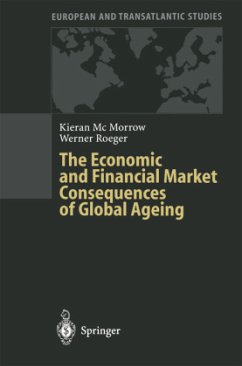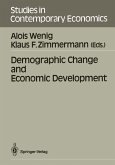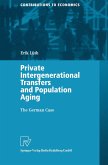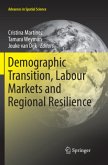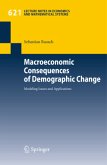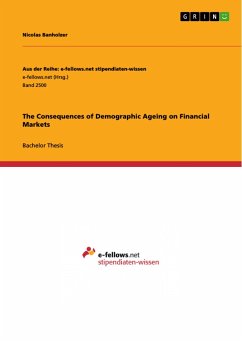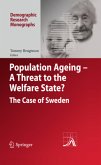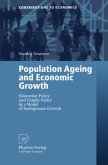Many countries will be confronted with ageing populations in the coming decades. This will crucially affect the economic outlook for the economy. Population changes directly affect the size of the labour force and consequently potential employment and output growth. In addition, changes in demographic trends strongly influence savings and investment behaviour, the outlook for the public finances, a range of financial market variables and, more controversially, may impact on the pace of productivity growth in an economy. Because the timing and magnitude of demographic changes varies significantly across regions, international capital flows will play an important role for the allocation of investment. This book offers a comprehensive treatment of ageing related issues based on a five region overlapping generations model and provides a quantitative assessment until 2050.
From the reviews: "In The Economic and Financial Market Consequences of Global Ageing, European Commission (EC) economists Kieran Mcmorrow and Werner Roeger examine the likely effects of ... differential aging trends on GDP, consumption, savings, investment returns, capital flows, and net foreign assets for key economic regions. ... provides a useful ... introduction to a world just over the horizon, in which aging has changed everything." (Paul S. Hewitt, PEF - Journal of Pension Economics and Finance, Vol. 3 (2), 2004) "The book certainly contains a wide range of projections, analyses, graphs and tables that everyone with an interest in the questions of ageing and pension systems will want to study further. On top of this, the book is highly pedagogical, giving some very useful clarifications of the many concepts used in the debate of pension systems." (Michael Tiet Nielson, CoverAGE, Issue 36, 2004)

